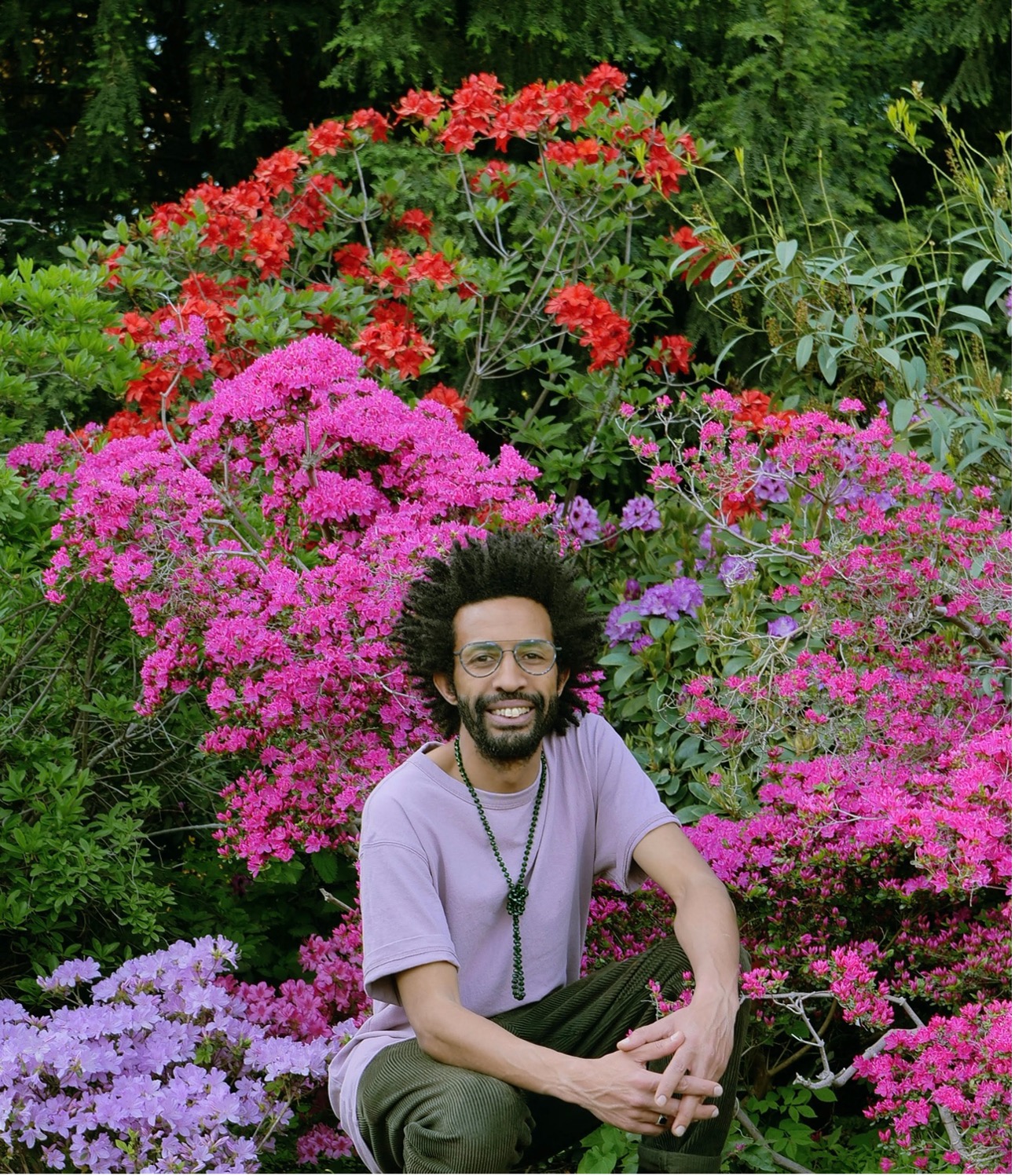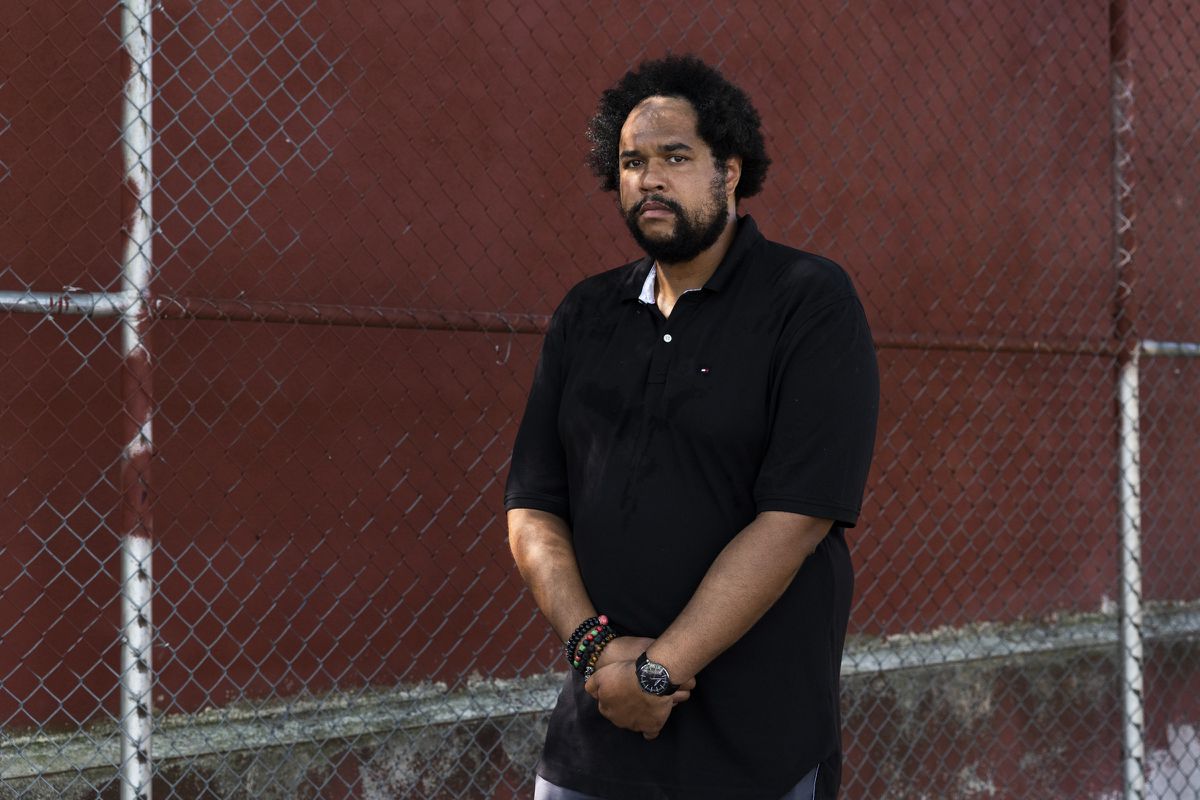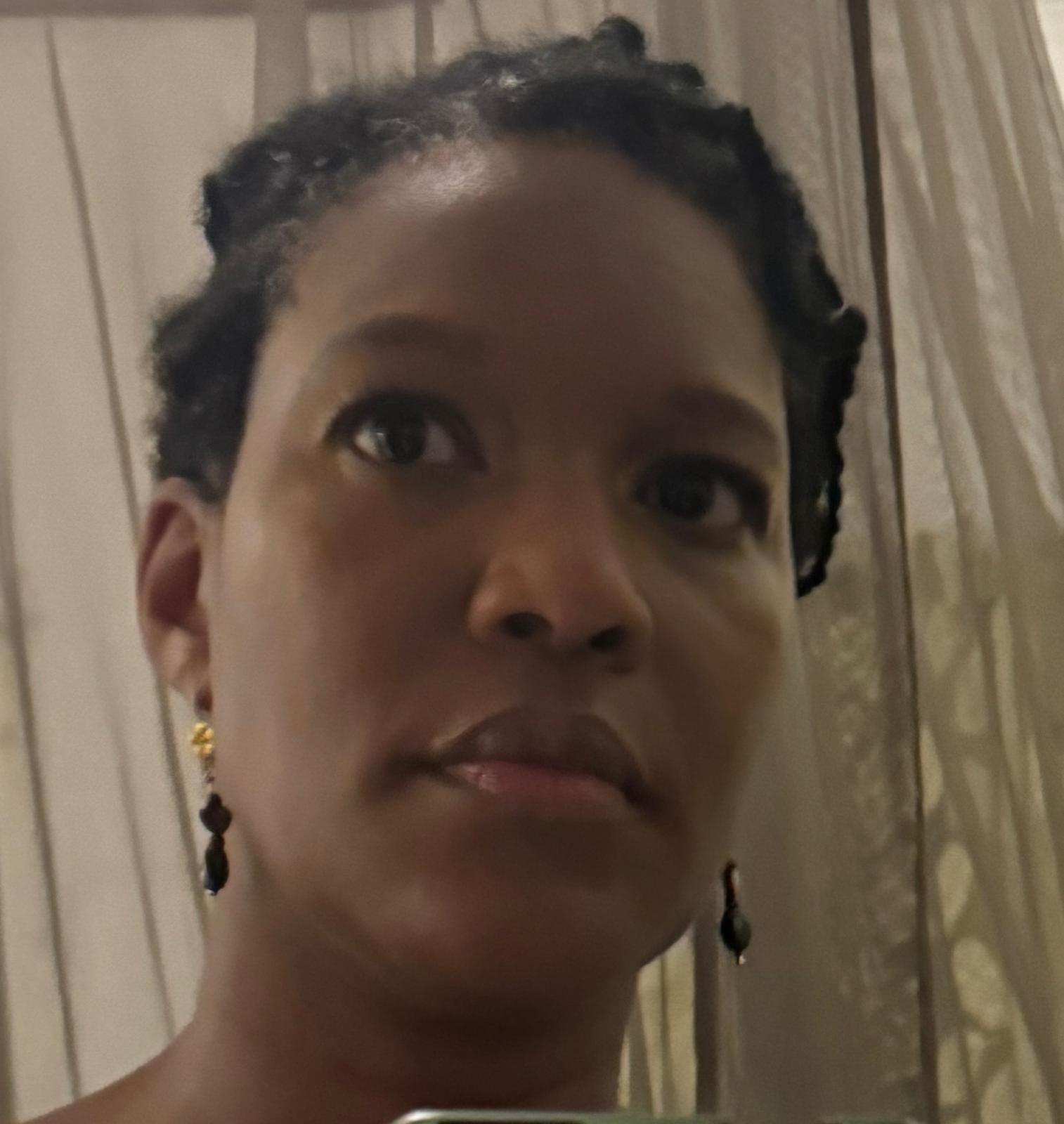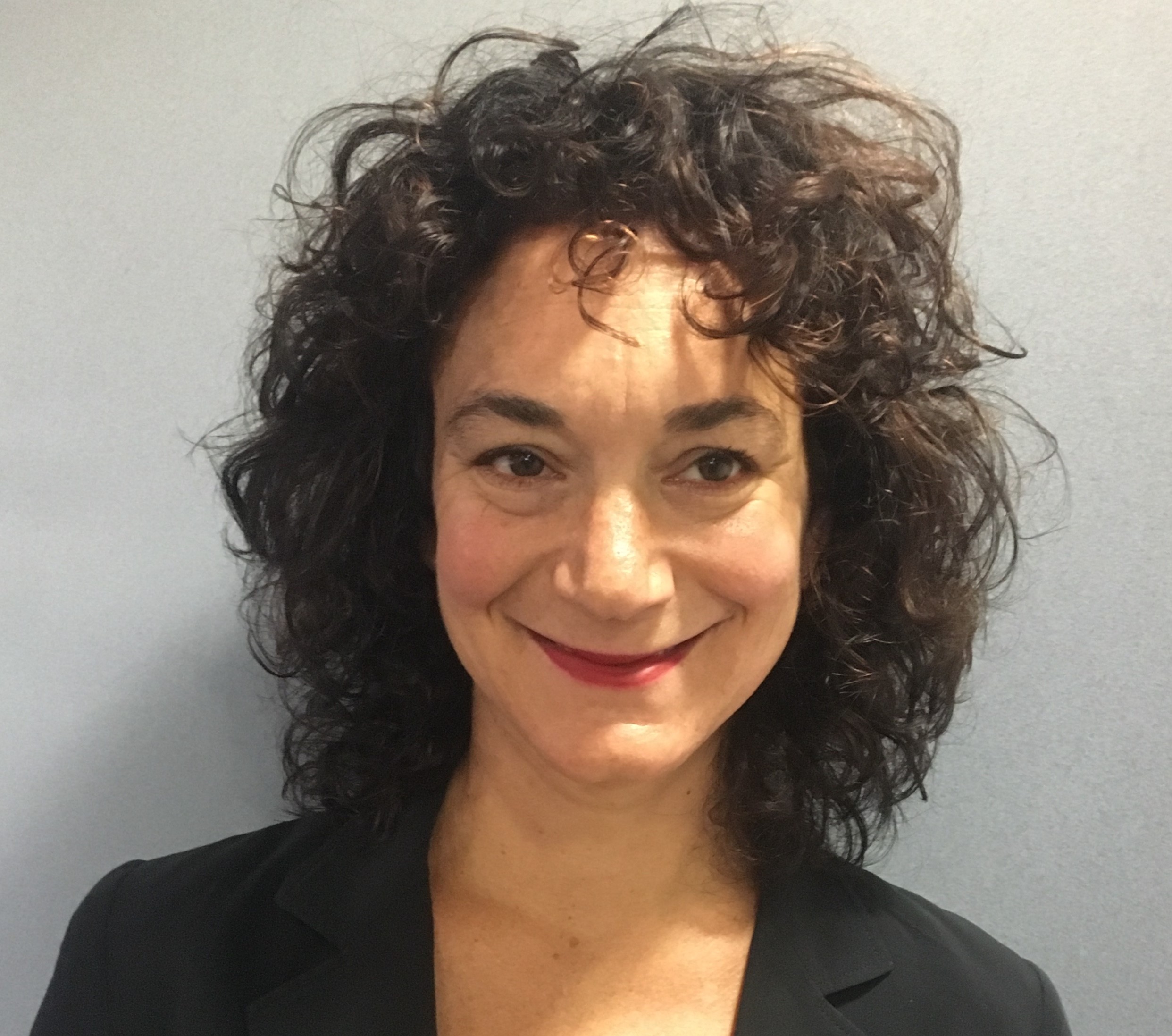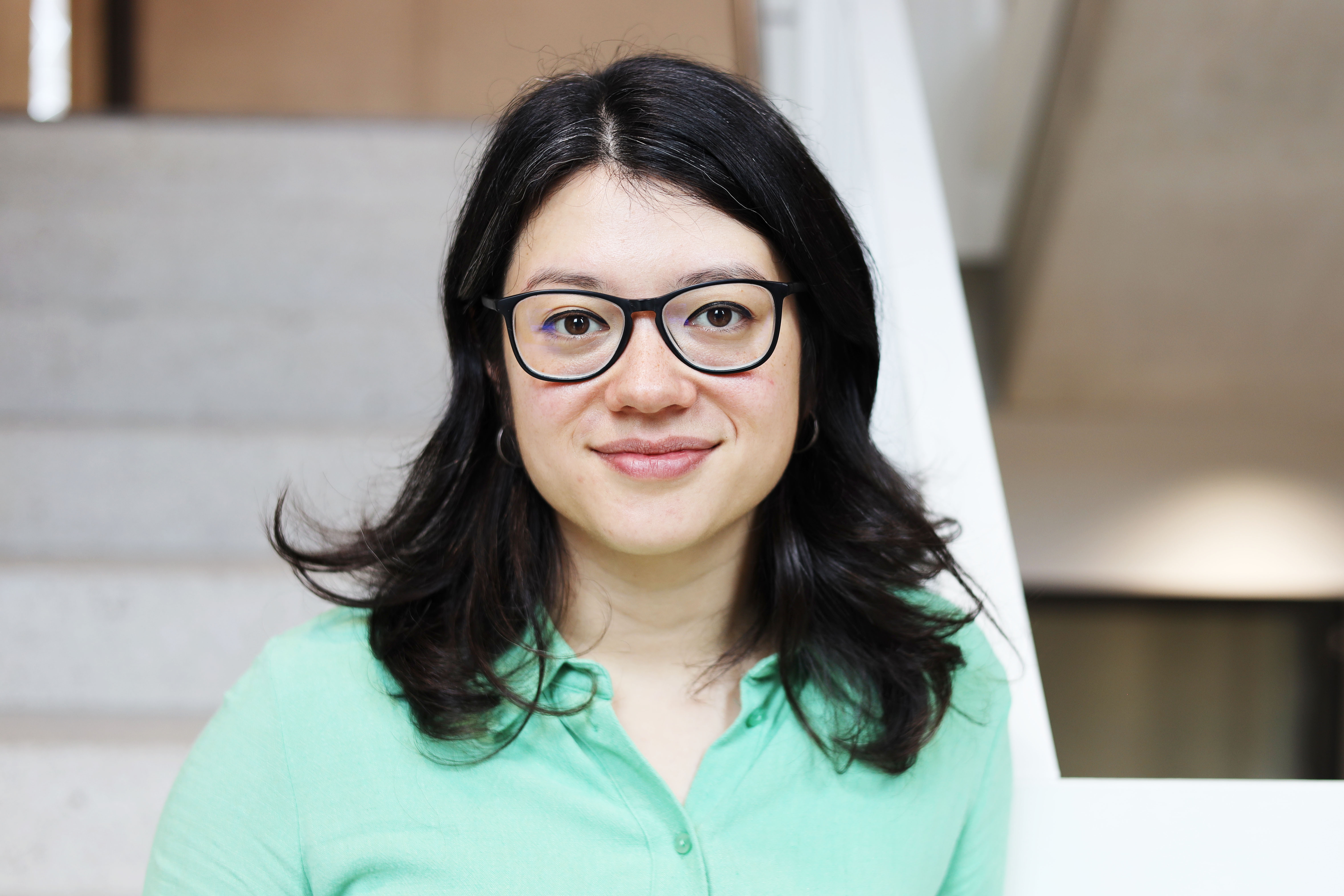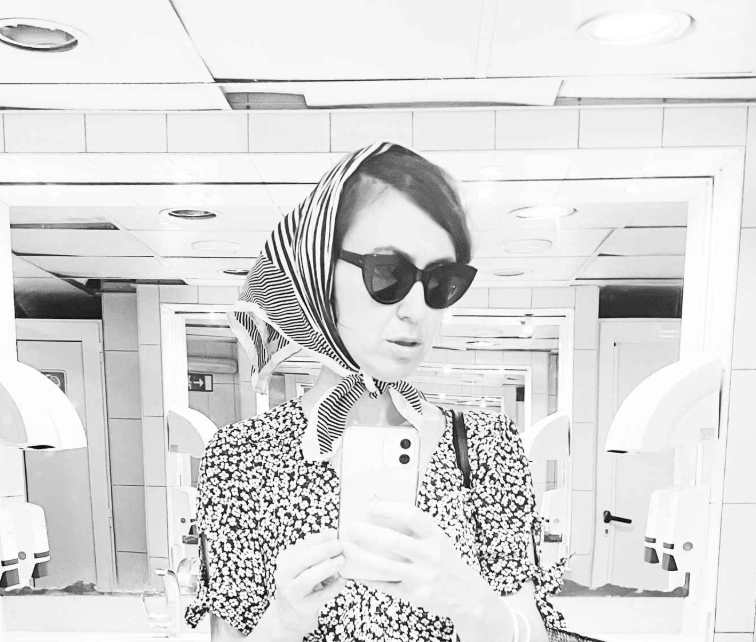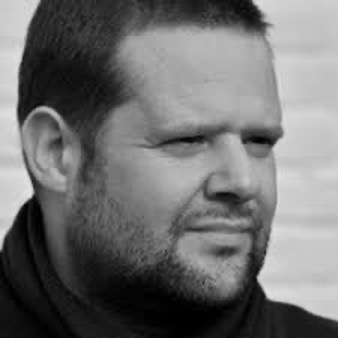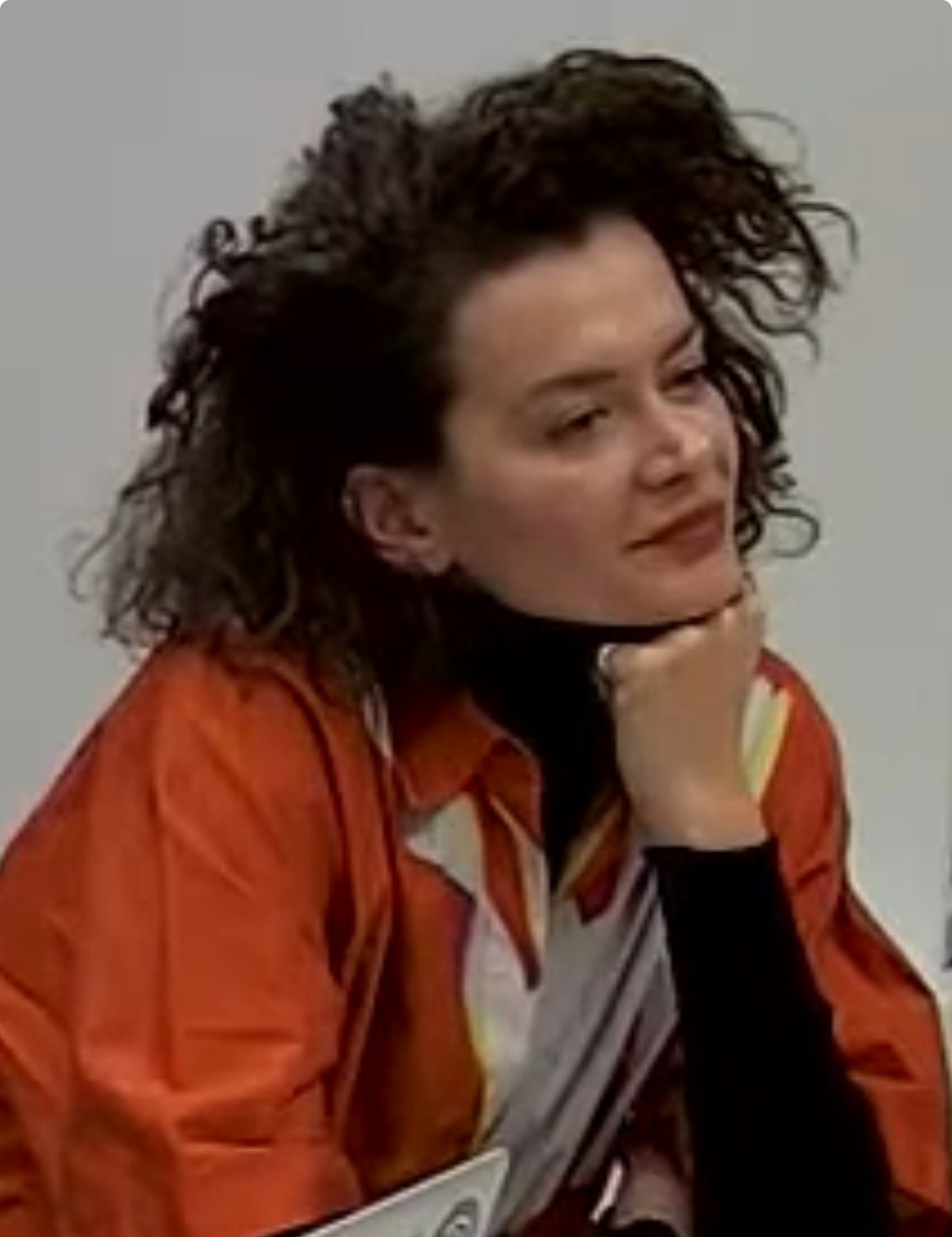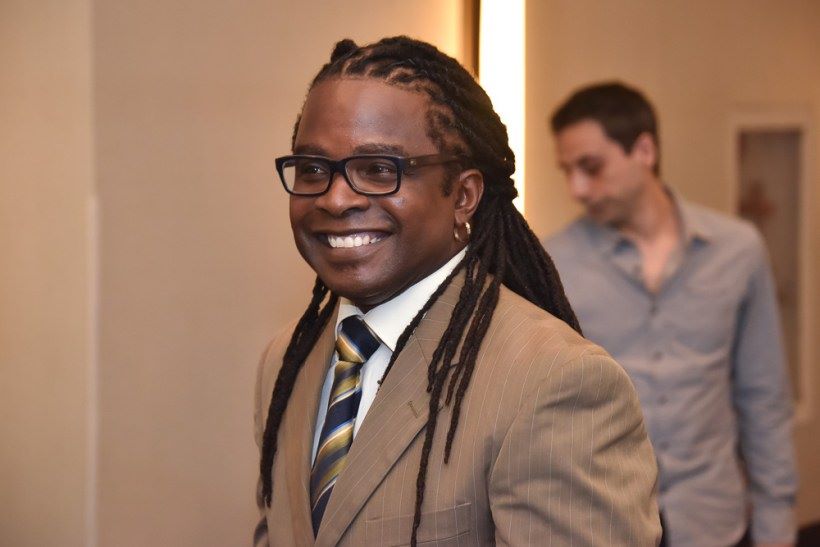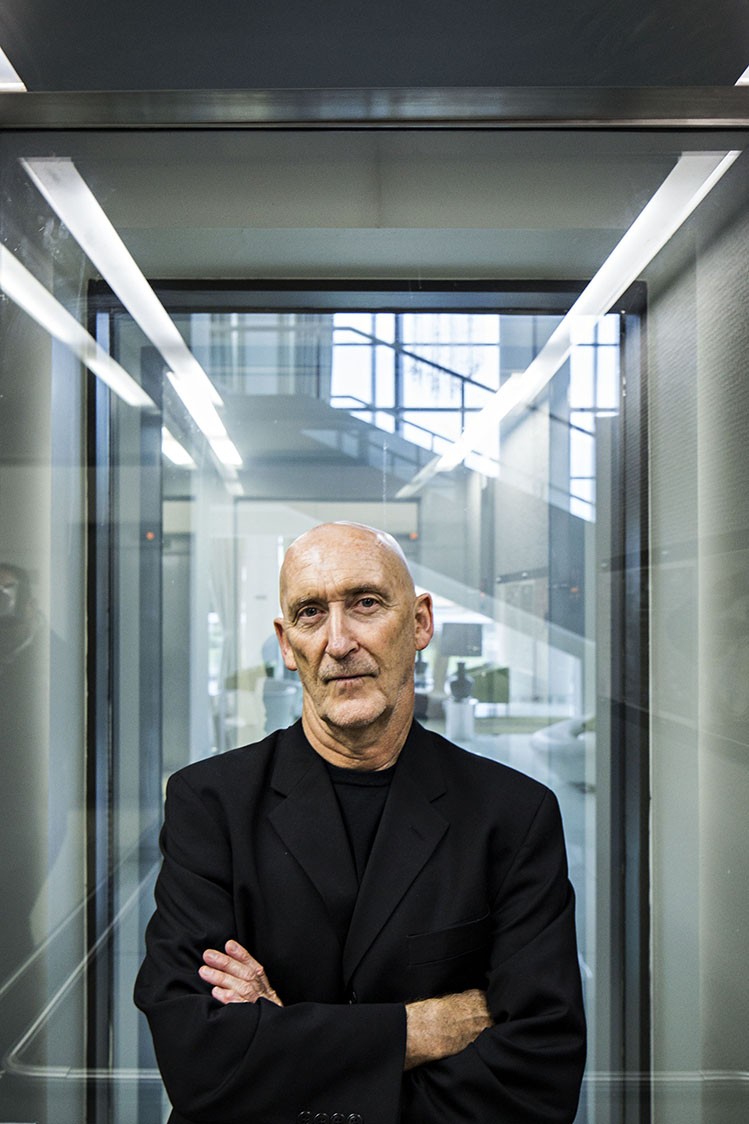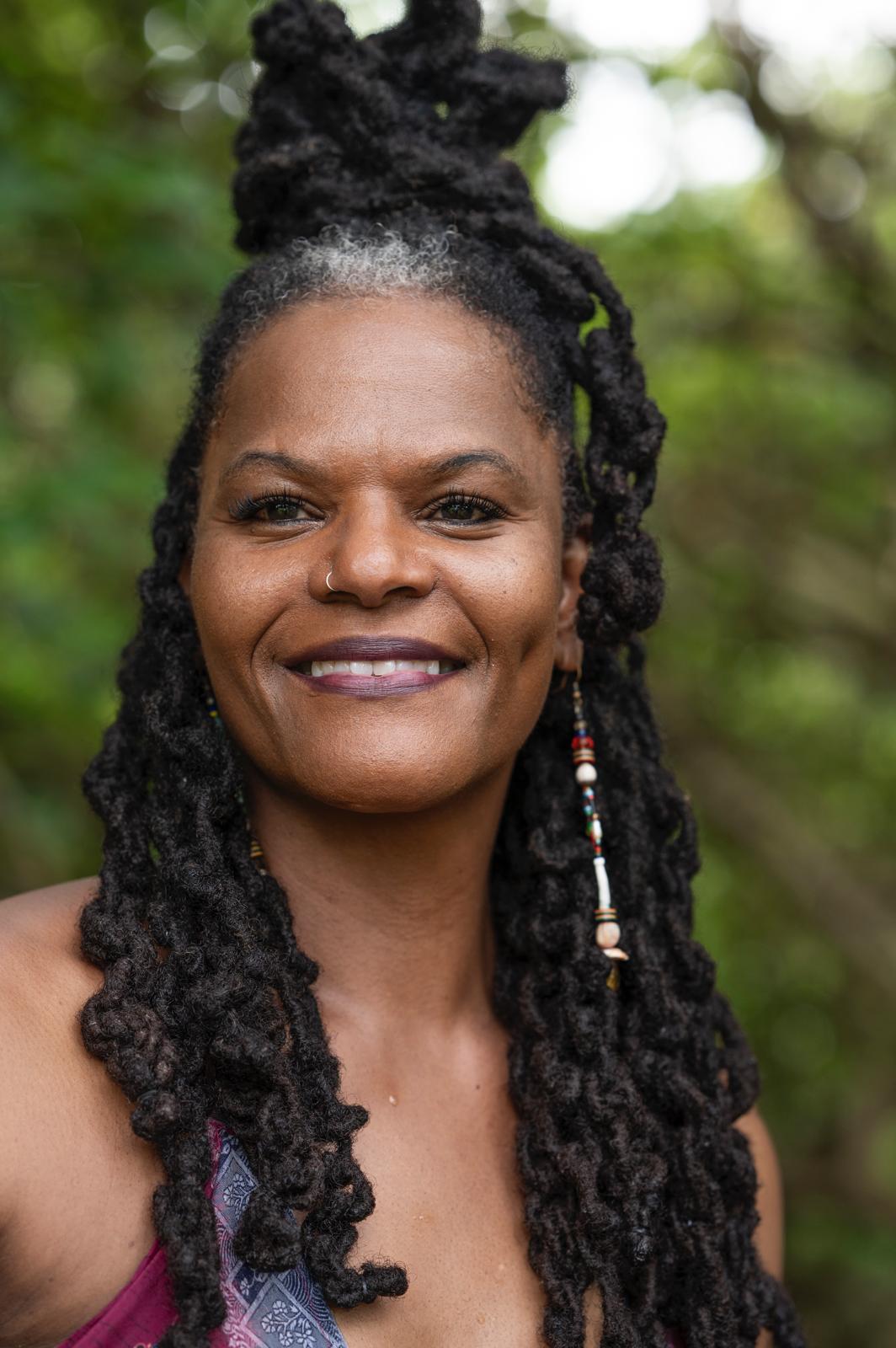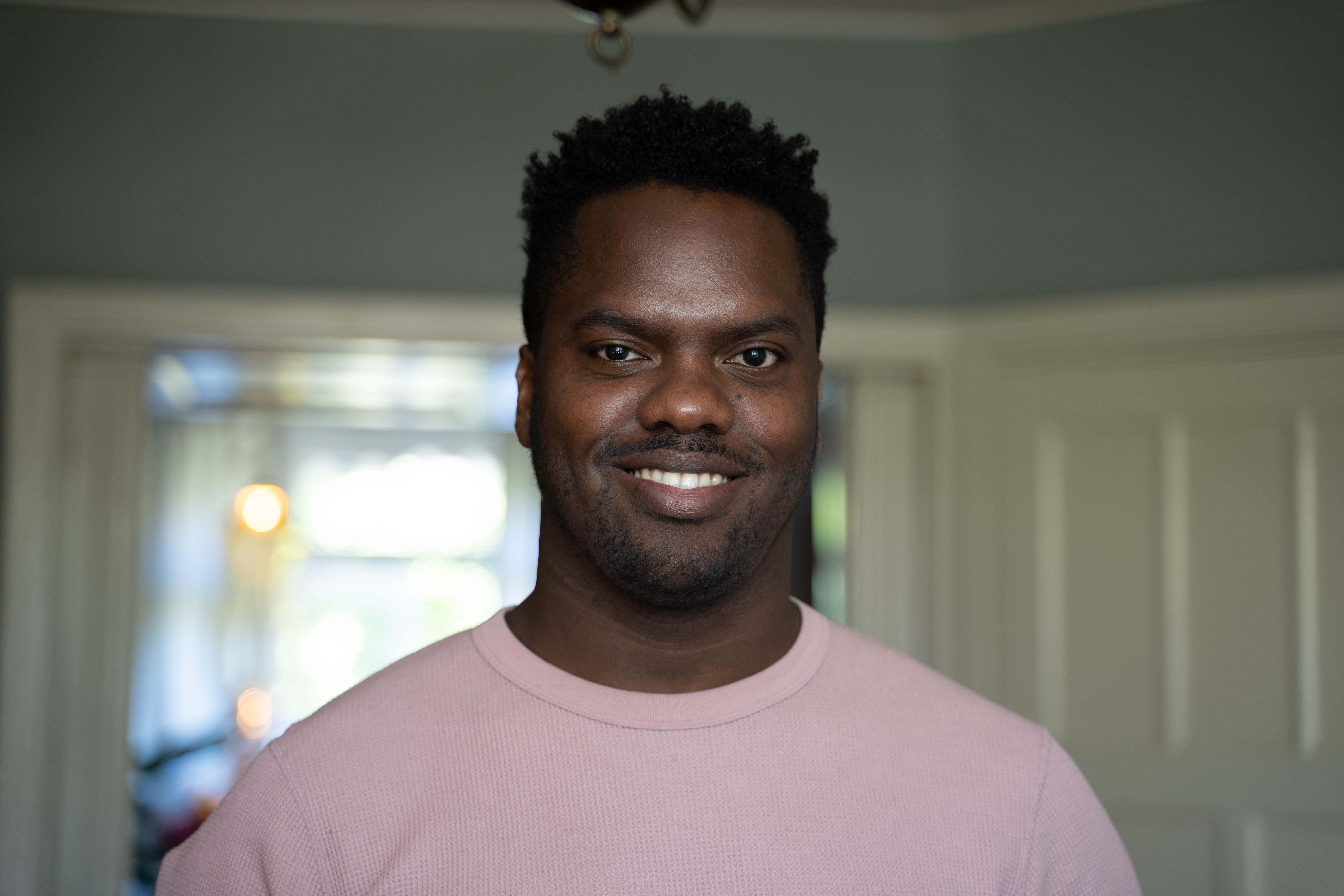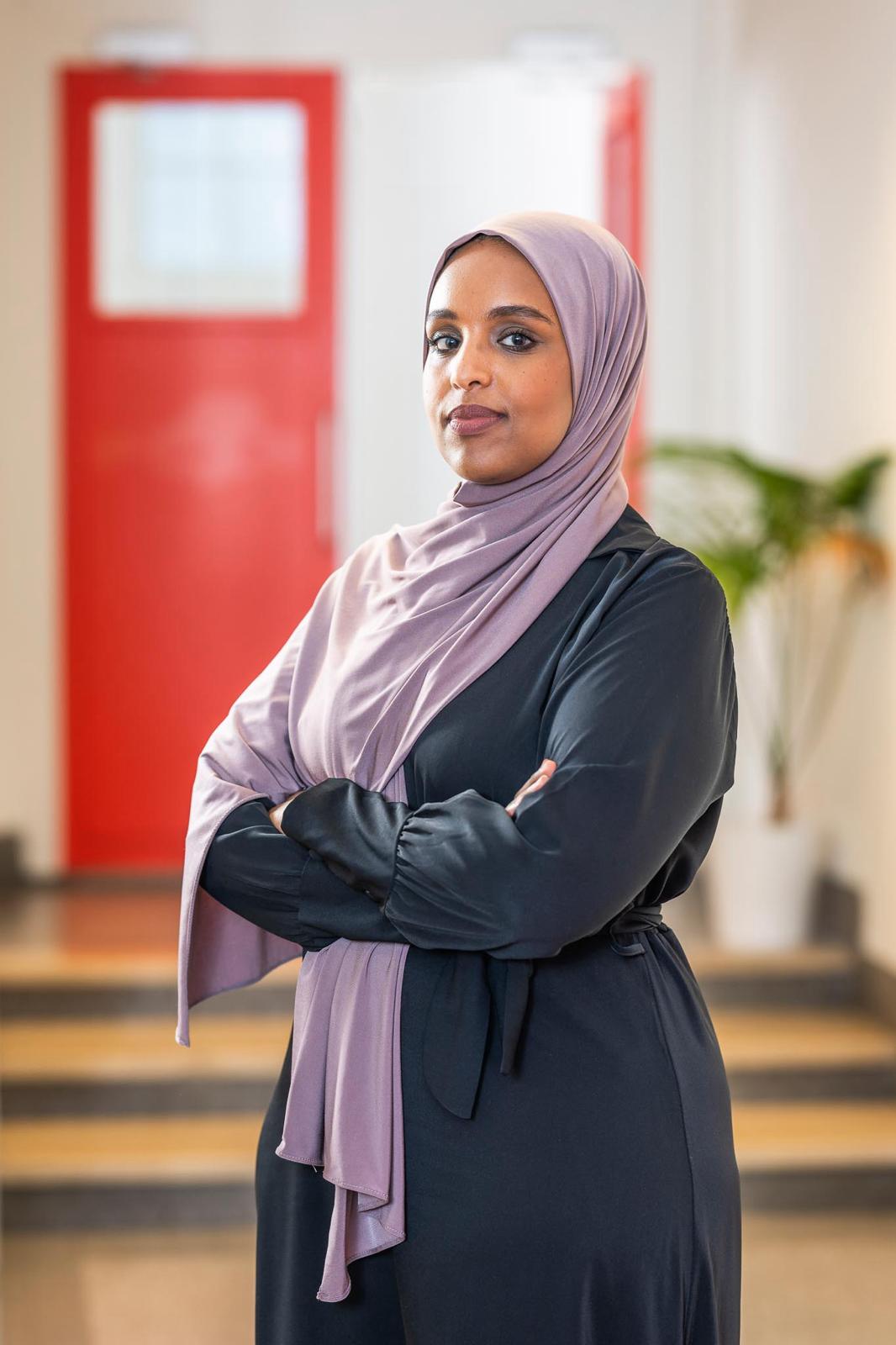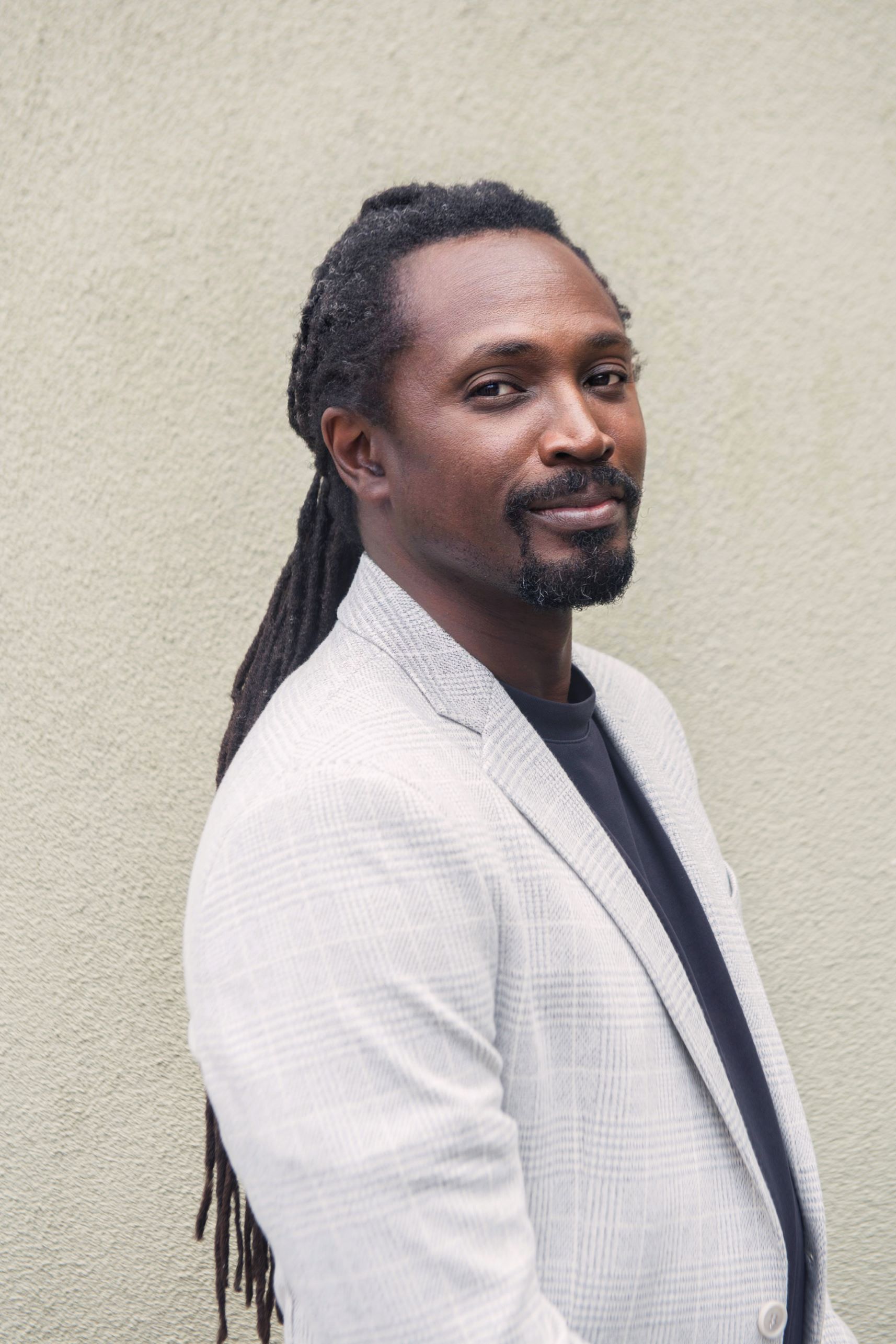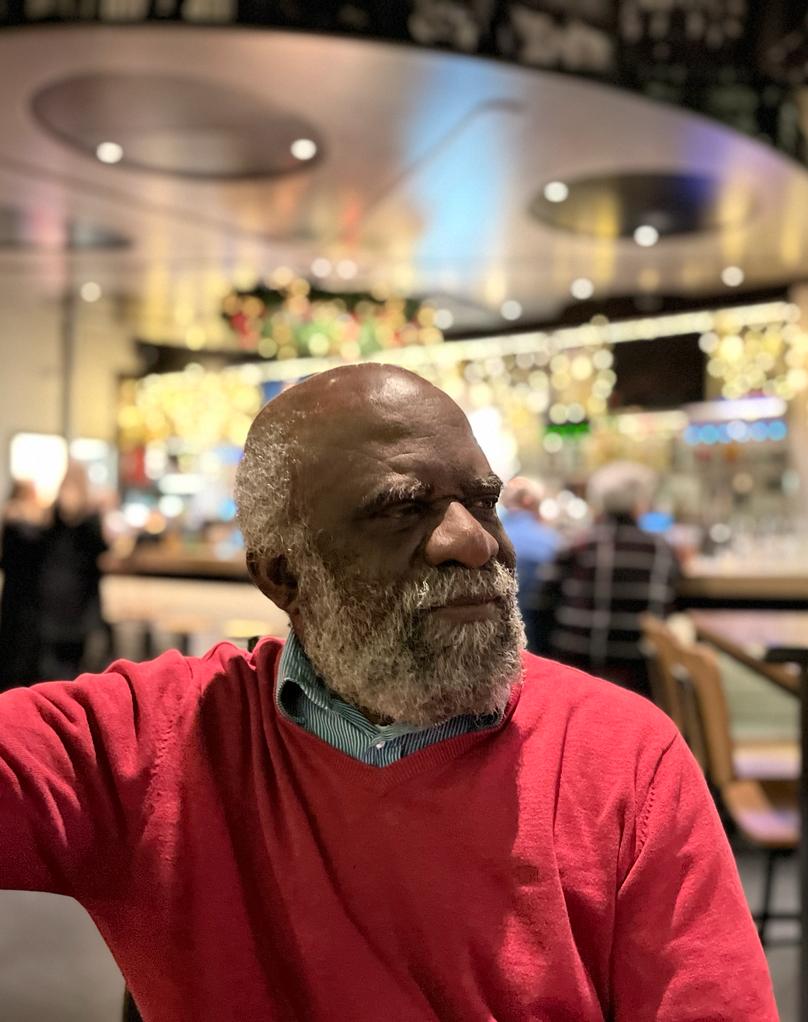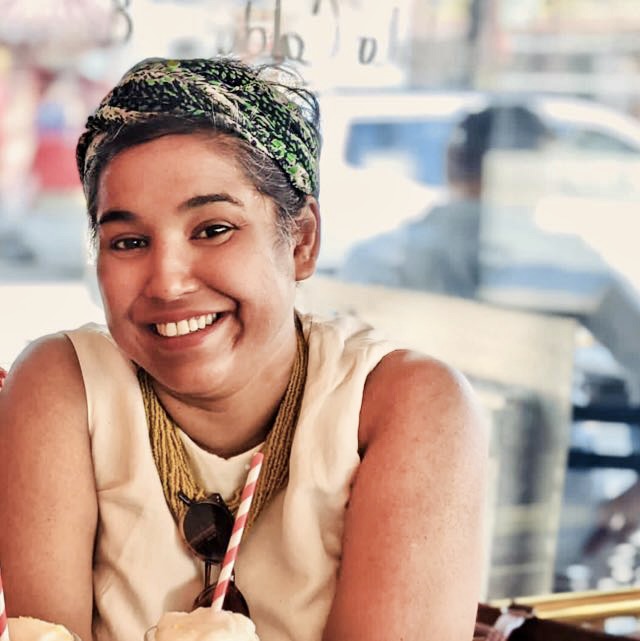PROGRAM
9.30 – 11.45
P.C. Hoofthuis. 00.5, P.C. Hoofthuis is on Spuistraat134, 1012 VB, Amsterdam
On the pedagogies of Fanonian thought, in conversation with Norman Ajari, with special presentation by Michael Thomas
Session especially for students enrolled for NICA credits. If you are not already signed up, and want to attend, space is limited for students. Our room is just large enough for those signed up for this session. Please email a.benedicty@uva.nl if you are interested, but are not sure if there is space available.
10.00 – 10.15 Welcome and intro of Norman Ajari and Michael Thomas (Alessandra Benedicty-Kokken)
10.15 – 10.35 Michael Thomas – “Fanon’s Aesthetics and the Dynamics of Black Thought” (pre-recorded especially for this occasion)
10.35 – 11.45 In conversation with Norman Ajari’s writings (ABK and Francio Guadeloupe, if he can make it)
CATERING: Sweets with coffee and tea, for students attending this session
11.45 – 12.45
CATERING:
Lunch for students who attended morning session
12.55– 14.30
P.C. Hoofthuis. 1.05, P.C. Hoofthuis is on Spuistraat134, 1012 VB, Amsterdam
Aesthetics, pessimisms, and Fanonian thought, moderated by Marija Cetinić
- Sanjukta Sunderason (UvA) – ““An aesthetics of combat? Some notes on art & violence in decolonial liberation wars”
- Jana Cattien (UvA) – “Neurotic Situations”
- Julian Isenia (UvA) – “What the islands speak: Language, Fanon, Glissant and the Dutch Caribbean”
- Mehdi Ait Oukhzame – “(Anti-)Blackness, Fugitive Positionality, and the Human Question”
CATERING: Coffee, tea, fruit, for all attending this session.
14.30 – 14.45 break
14.45 – 16.15
P.C. Hoofthuis. 1.05, P.C. Hoofthuis is on Spuistraat134, 1012 VB, Amsterdam
Fanon and Political Action, moderated by Nawal Mustafa
- Kwame Nimako – “Fanon and Governance”
- Grâce Ndjako
- Mano Delea – “A Fanonian Perspective on the Dutch Orbit: Structure, Agency, and Racialization”
- Afu Sensi and Yanique Hume, in conversation
16.15 – 16.45 break
CATERING: Sodas, chips, dips, fruit, for all attending this session.
16.45 – 19.00
P.C. Hoofthuis is on Spuistraat134, 1012 VB, Amsterdam
- 16.45 – 17.00 – Special thanks and paying forward the earlier part of the day (Alessandra Benedicty-Kokken and Sanjukta Sunderason)
- 17 – 19.00 Keynote Panel, moderated by Wayne Modest
- David Theo Goldberg – “Variations on Violence”
- Layal Ftouni – “The Revolutionary and the Outlaw: Fanon on Anti-colonial Struggle”
- Monique Roelofs – “Fanon on Address: A Swerve around Racial Impossibility”
- Rehnuma Sazzad – “The Urgencies of Fanonian Thought in Scholarship, Pedagogy, and Activism: Engaging with Fanon’s Contributions to Humanist Nationalism”
- Norman Ajari – “On ending the world: Fanon's ecosophy”

